Putin’s war against Ukraine and its implications for the German and EU energy transition
End of dependence on Russian fossil fuels
Contents
1. Latest news
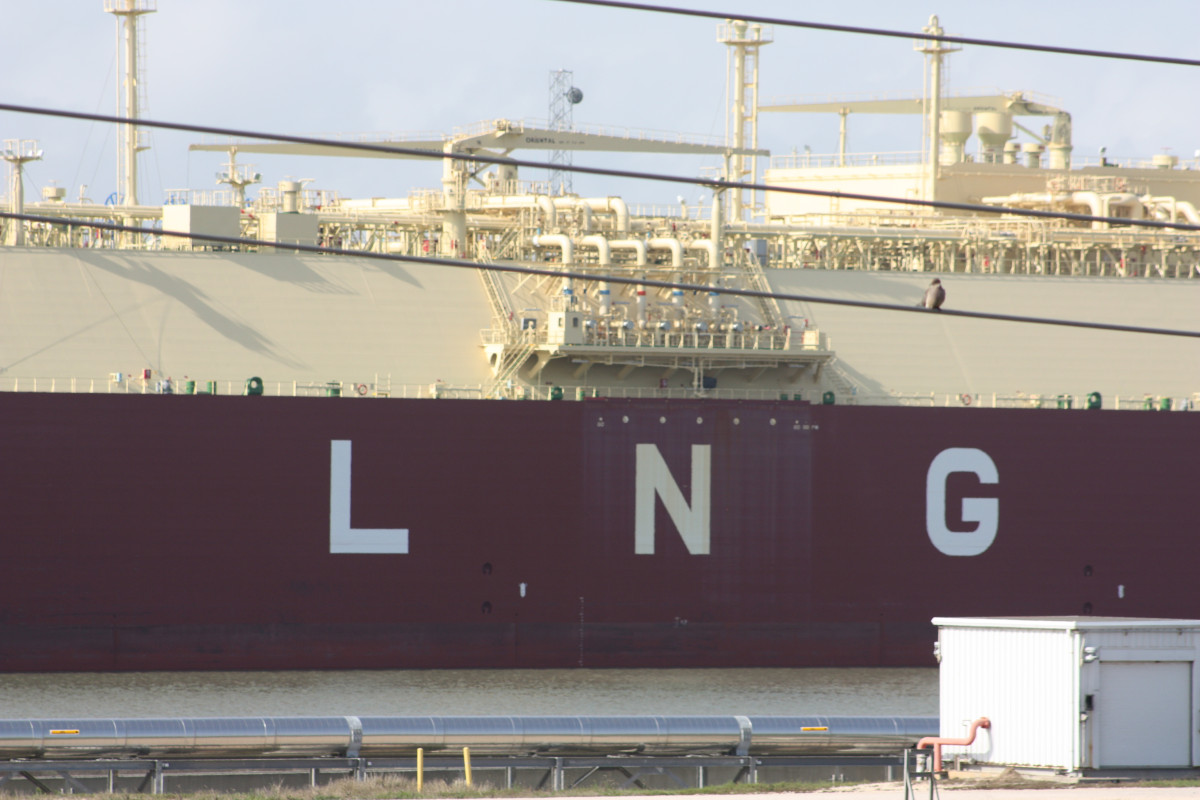
Transition state of play – Germany in the grip of the energy crisis
This regularly updated article provides an overview of Germany’s shift to climate neutrality, which is now dominated by its response to the energy crisis.
War on Ukraine: Tracking the impacts on German energy and climate policy
This piece tracked the key developments of Germany's energy and climate response through the first year of the war in a chronological order.
Sign up to Clean Energy Wire’s daily or weekly newsletters and follow us on Twitter to keep up-to-date with the latest developments.
2. Key facts and background
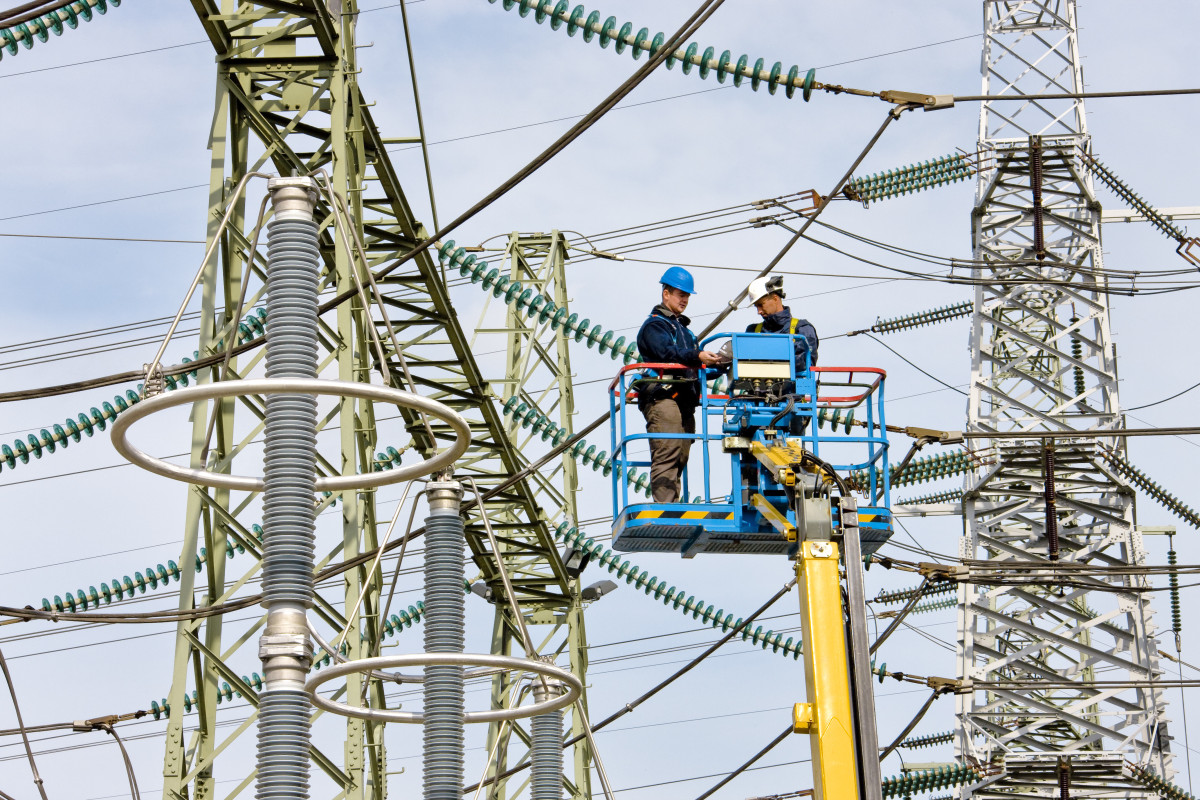
Blackout or gas shortage – How would Germany deal with an energy emergency?
This factsheet looks at the likelihood of electricity and gas shortages this winter, as well as the government's and key players’ plans and responses. It also provides a list of contacts for journalists who want to cover an energy emergency in Germany.
Q&A – Energy crisis reignites debate about fracking in Germany
The energy crisis has revived the German debate into the controversial gas extraction method known as unconventional hydraulic fracturing – or fracking – as the country looks into alternatives to Russian gas supply. Federal and regional governments in key states have made it very unlikely that Germany will use this method even in the current crisis. This Q&A provides answers to key questions surrounding the debate.
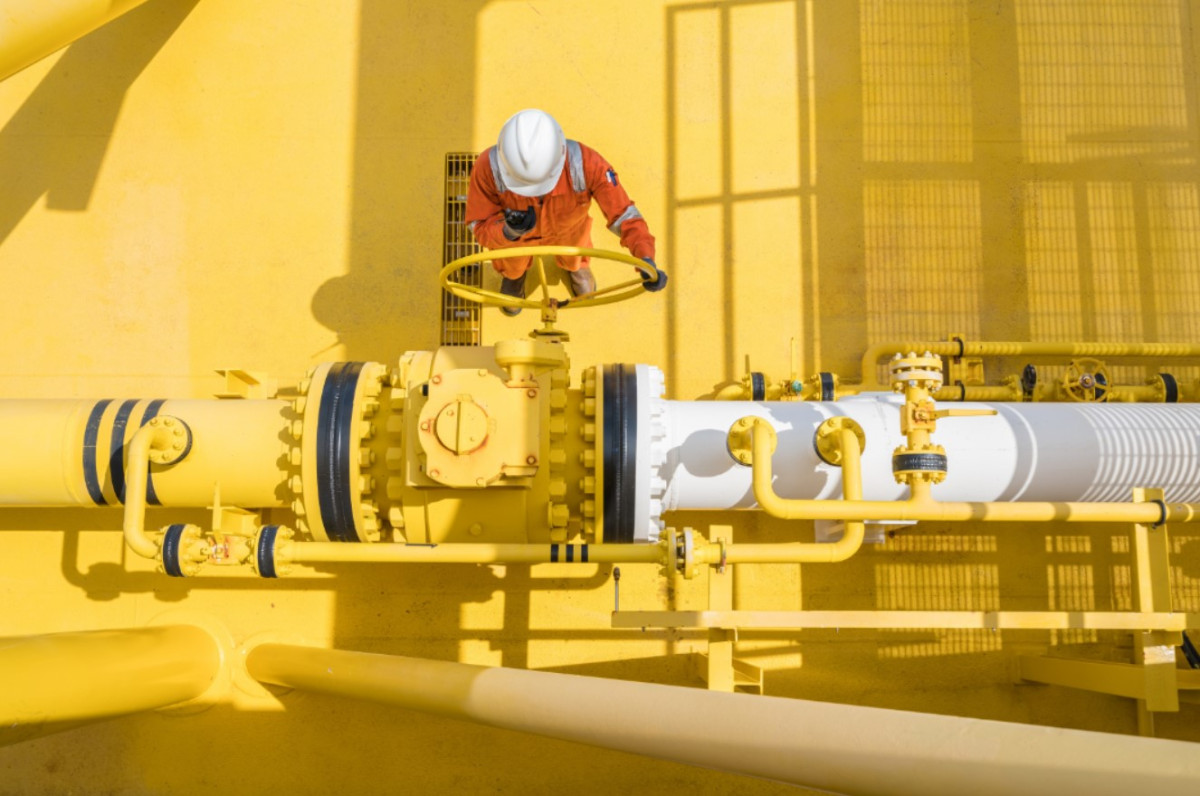
What happens if Russia's gas supplies to Germany are cut?
This factsheet explains the immediate and long-term effects of an end to Russian gas imports, and the precautions that Germany and the EU have put in place in response. It also lists suggestions of experts to talk to for further information on the topic, as well as important documents for journalists covering this story.
Key challenges of a halt in Russian fossil gas imports
Aside from rising gas prices due to supply bottlenecks, Europe and Germany must overcome additional practical hurdles as part of their efforts to end their reliance on Russia. This factsheet explains the key technical challenges a halt of Russian gas imports poses.
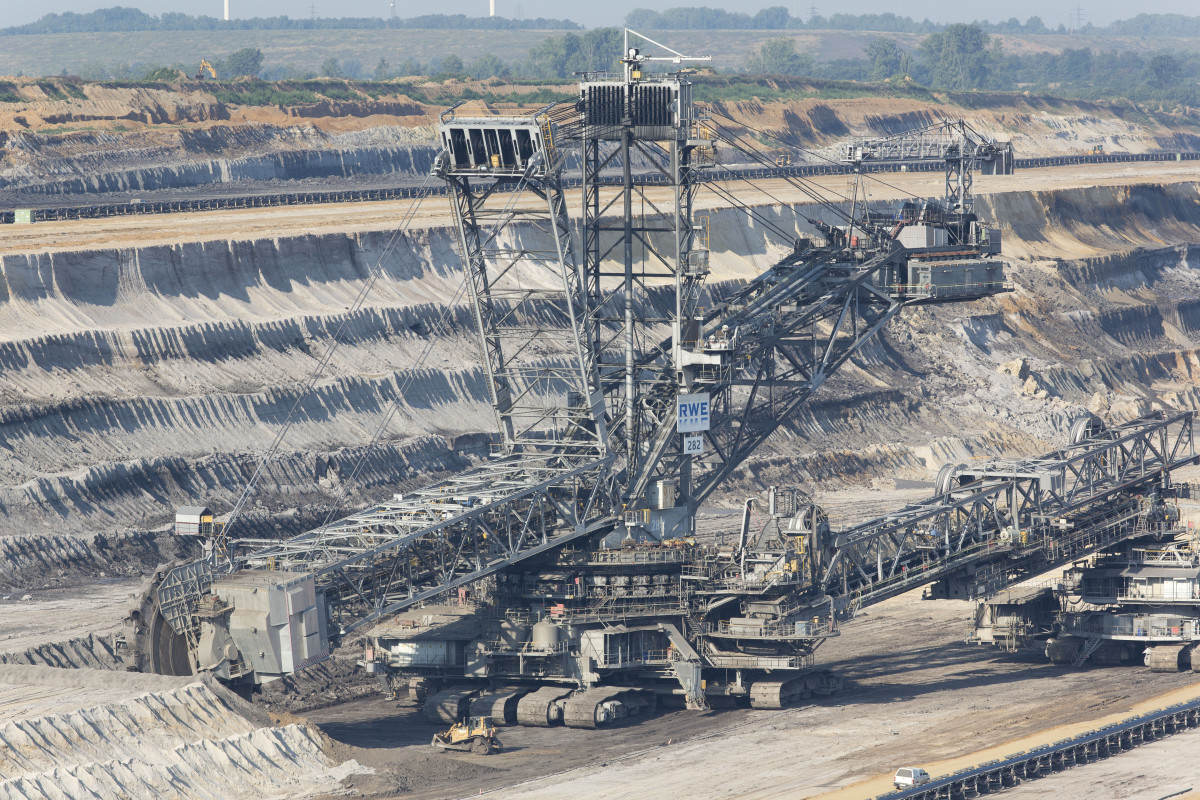
Q&A: Is Germany reverting to coal to fight the gas supply crunch?
This Q&A explains what Germany’s coal revival plans entail, how they will work practically, what problems may arise, and what it means for the country’s coal exit.
The practical challenges of an embargo on Russian oil
This factsheet compiles information on the practical challenges an embargo on Russian oil entails for the German oil infrastructure, refineries and security of supply.
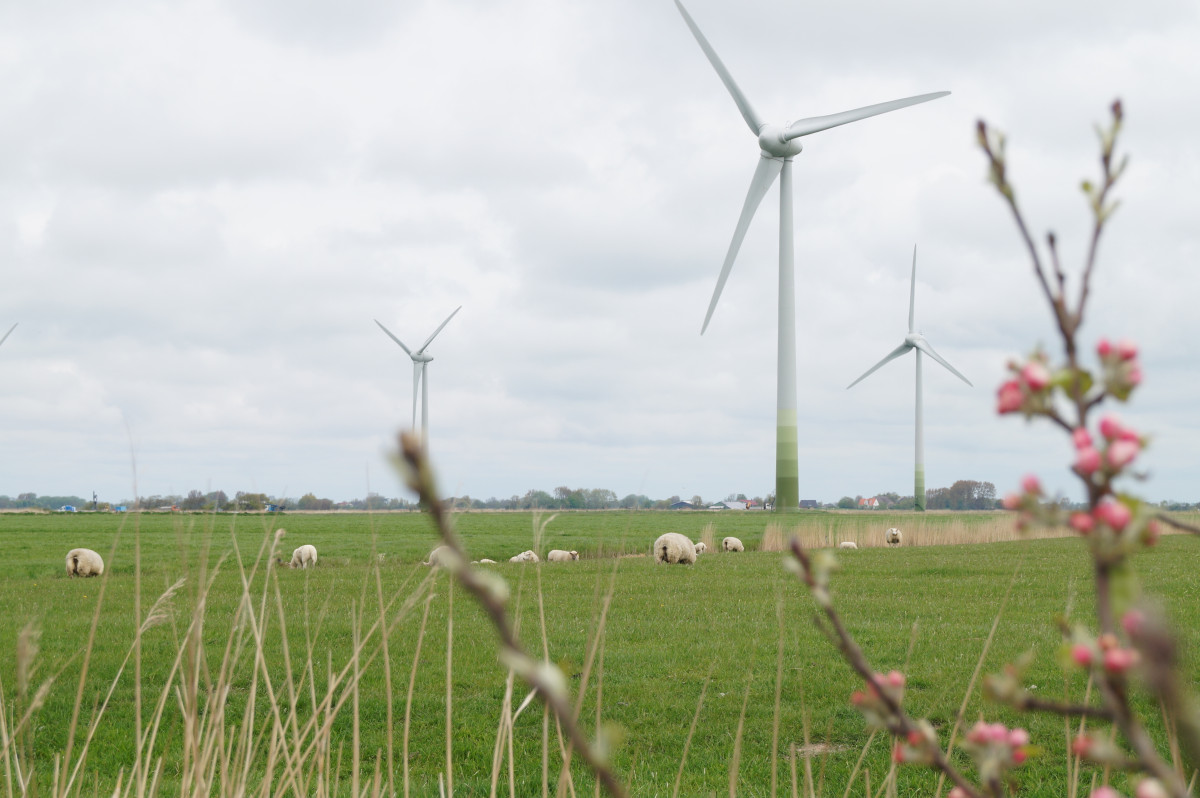
Q&A: How can renewables enable Germany's energy independence push?
The war’s outbreak has given wind power, solar PV, bioenergy, hydropower and other renewable power sources a new label; “Freedom energies”; that can enable the country to vastly reduce its energy dependence and form a bedrock for decarbonising the economy. This Q&A looks at the plans for the transition to a power system based on 100 percent renewables and what can be done to speed it up.
Ukraine war puts plans for German LNG terminals back on the table
The war in Ukraine has pushed Germany to diversify its gas supply as deliveries from Russia have stopped. To assist these efforts, the government has launched the build-up of the country’s own import infrastructure for liquefied natural gas (LNG). This factsheet looks at the current LNG situation in Germany and Europe, as well as future plans.
Germany’s 2022 renewables and energy reforms
This factsheet provides an overview of the renewable energy reforms Germany is pursuing this year and what stage of the legislative process they are at.
Germany’s reactions during the early days of the war
Read about how the German government and industry tackled the energy and climate fallout from the outbreak of Russia’s war against Ukraine in our articles - German govt’s climate policy has been through baptism of fire in first 100 days, Russia’s invasion of Ukraine forces Germany to come clean on energy transition strategy and Solar and wind rollout doesn't depend on Russian exports but e-cars do – German industry.
Dossier: Europe’s gas crisis – boon or bane for climate policy ambitions?
Europe’s gas crisis started months before the outbreak of the war. The continent experienced unprecedented energy price hikes, caused by strong demand for natural gas during the economic recovery from the pandemic, and further exacerbated by geopolitical tensions between Russia and the West. The factsheets in this dossier explain what caused the early rise in energy prices, what Germany did to help households, and how the government planned to ensure a secure future energy supply while sticking to its climate targets.
The quest for alternatives – ending Germany’s dependence on Russian fossil fuels
In the weeks following Russia’s invasion of Ukraine, Germany's government announced its plans to end dependence on Russian fossil fuels, making clear distinctions between different energy sources and emphasising that natural gas dependence would be the hardest to tackle.
While Germany decided to almost completely exit Russian coal and oil by the end of 2022 – and supported EU embargos – Russia took matters into its own hands on gas. By the end of August 2022, Russia had fully stopped gas deliveries to Germany. This was the final stage of a step-by-step reduction over previous months, which led economy minister Robert Habeck to say that Russia was “weaponising” gas energy deliveries. It also led the German government to plan an energy future without Russian supply. Then, in September, subsea explosions ripped holes in the direct gas links between Germany and Russia – Nord Stream 1 and 2. It is unclear who was behind this act, but Swedish investigators have concluded it was “grievous sabotage”.
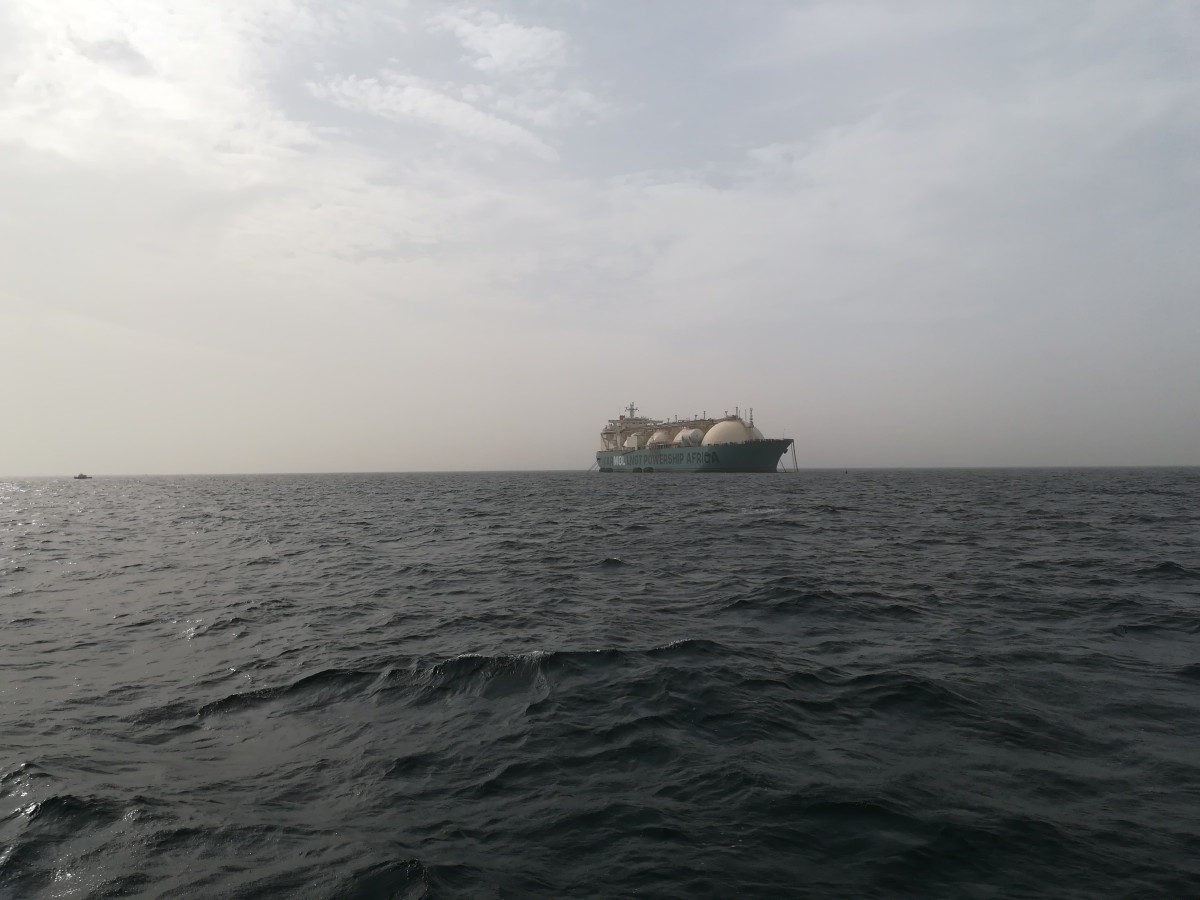
Members of the German government including the chancellor have been visiting potential supplier countries such as Senegal, Qatar and Egypt to secure new gas supplies. NGOs have widely criticised chancellor Olaf Scholz for supporting new gas projects abroad.
The government also aims to reach more climate-friendly partnerships on renewables and green hydrogen; for example with the United Arab Emirates and/or Australia. The idea of building a hydrogen pipeline to Norway is being considered and Germany also plans to further develop and connect its hydrogen infrastructure with Belgium.
At home, the government quickly decided to build up Germany’s own import infrastructure to receive liquefied natural gas (LNG) from countries without direct pipeline connections. It largely bets on floating import terminals, which take less time to set up. Construction for the first jetty for one of these floating terminals was finished in record time by early November 2022, with plans to receive its first deliveries by January 2023. However, it remains to be seen how much LNG is actually available for Germany. The U.S. is likely to become Europe’s most important LNG supplier.
Some politicians have floated the idea to increase exploitation of Germany’s own fossil fuel resources, such as extracting gas from beneath the North Sea, or fracking it in Lower Saxony. However, public opposition and little use in the current energy crisis make the latter unlikely.
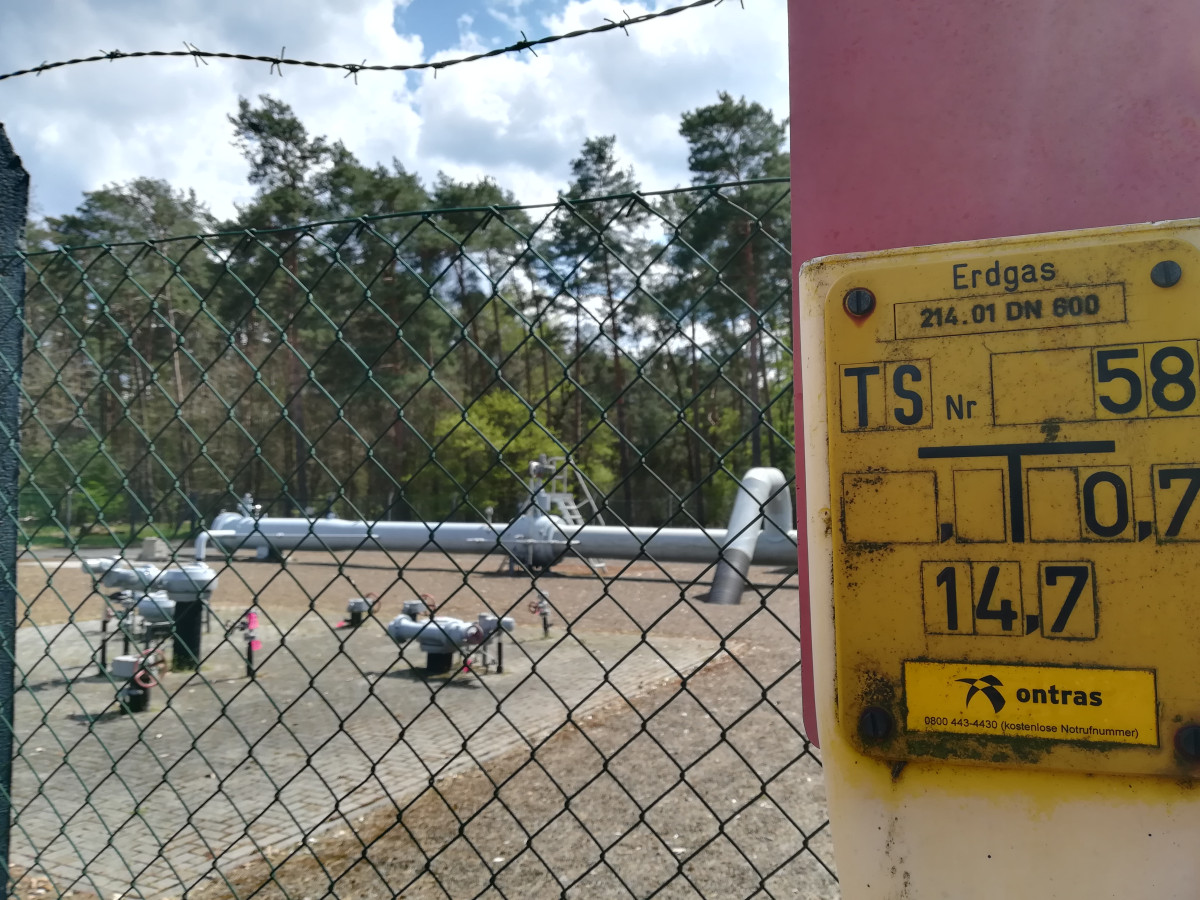
Getting through winter – ensuring gas supply security and saving fuel
Since the early days of the crisis, the government warned that a supply stop from Russia would have severe consequences for the economy. Thus, it had introduced measures and regulations to prepare for a possible delivery halt in hopes of dampening any negative effects. Russia halted supply through Nord Stream 1 indefinitely in early September, and underwater explosions on 26 September deemed the infrastructure unusable.
There were fears that Germany would struggle to secure gas supply for industry and household heating – especially during winter, when heating needs boost gas consumption. Network operators repeatedly said they did not expect electricity blackouts or a gas shortages, especially as gas storage filling targets were over-exceeded ahead of deadlines. Ahead of the winter months 2022/2023, the chancellor and his government said several times that Germany was prepared to get through the winter.
The government quickly triggered the first stage (“early warning”) of the national gas supply security plan, and then the second (“alert stage”) when Gazprom significantly lowered flows through the key Nord Stream pipeline in June. They introduced rules on how much gas storages must be filled before winter, set up a digital platform to collect information about gas needs from companies to help rationing in the event of severe shortages, and bailed out and later nationalised Uniper – Europe’s largest buyer of Russian gas – to avoid a collapse of its most important gas importer (it later also nationalised former Gazprom subsidiary Securing Energy for Europe GmbH (SEFE)).
To finance all of these measures, the government initially decided to introduce a new levy on gas consumption. However, the plans faced wide criticism and fell apart. Just days before consumers were meant to start paying the levy, the government decided to abolish it and instead use funds from the federal budget.
Large consumers then reduced gas consumption mainly due to rising gas prices in the global markets, while the government urged citizens to do their part by means of an advertising campaign to save energy. Data showed that households indeed used less gas as winter approached. The government also introduced several legal obligations and proposed voluntary measures to save energy, such as reducing the legal minimum room temperatures in offices and public buildings.
Germany’s gas reserves reached full capacity in November 2022. Energy saving measures, supply diversification and mild winter weather helped maintain high gas storage levels throughout the winter, and gas storage operator association INES projected that, at normal temperatures, storage levels should not fall below filling levels of 65 percent of capacity in 2023.
European Union member states agreed to cut their gas use by 15 percent from August 2022 to March 2023 on a voluntary basis.
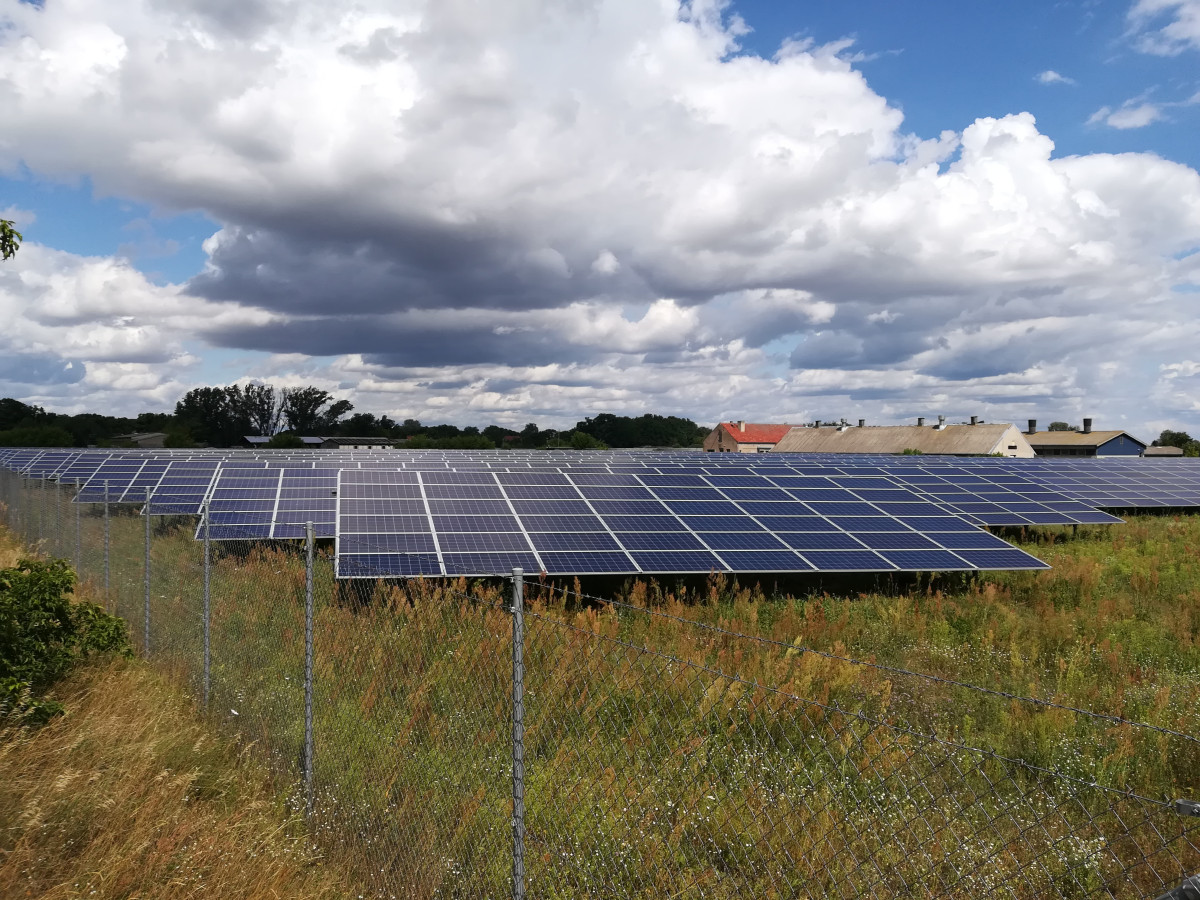
No compromise on climate targets – will the crisis speed up the energy transition?
While a majority of Europeans say the energy crisis should make countries speed up the transition to renewable energy, it is too early to tell whether it will have a positive bottom-line effect on Europe’s move to climate neutrality. Germany’s new government started its term with optimism when launching a vigorous climate action programme after the difficult years of the pandemic – then the war broke out, putting Scholz’s team through a baptism of fire during its first 100 days in office.
Chancellor Scholz has insisted that the emergence of a new crisis does not mean other major global crises can be left unattended. The government also regards the move to climate neutrality as the best way to lessen dependence on Russian fossil fuels – just like other stakeholders, including industry – and said it aims to double down on efforts to transform the energy system “at Tesla speed”. In a parliamentary speech in December 2022, Scholz said that "Putin's war is proving to be an accelerator of necessary change", pushing the expansion of renewables.
The government has also said it aims to continue to push for the Paris Agreement’s goal to limit global warming to 1.5°C.
The three-party coalition pressed on with various energy and climate projects, and in April adopted what it calls the “biggest energy policy reform in decades”, followed by a second batch of legislation in June, as well as smaller changes such as improving energy efficiency in buildings, and boosting solar power in the short term. It also agreed with energy company RWE that the coal exit in western Germany will happen by 2030. All of this is part of a larger 2022 climate action programme, which has yet to be published in full.
On the other hand, the renewables industry has warned that proposals like the planned windfall profit levy could scare off investors and thus slow down the expansion of wind and solar power.
Under Germany’s presidency, G7 leaders said at their summit in Bavaria that they would not compromise on climate goals as they tackle the fallout of Russia’s war against Ukraine.
Several reports by think tanks and consultancies have argued that the war will speed up the transition to clean energy, instead of slowing it, and possibly even accelerate Germany’s coal exit. Others say that higher gas prices over the coming years will make a market-driven coal exit by 2030 – the end date envisaged by the government – much harder.
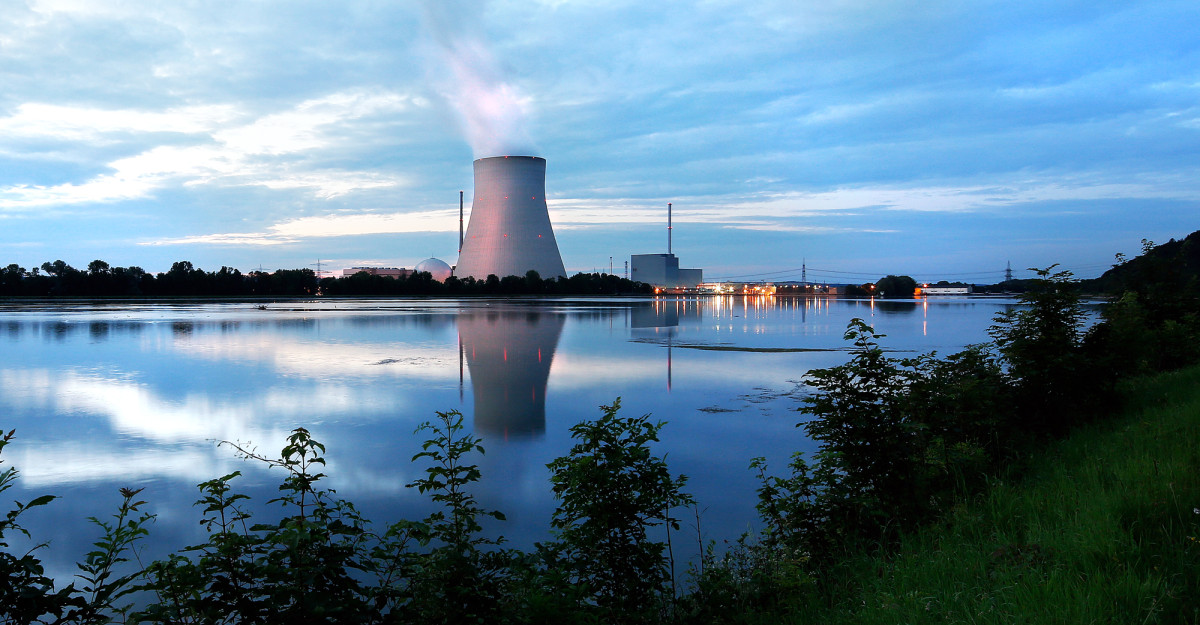
(Temporary?) boost for coal, nuclear and fossil fuel infrastructure
In the long term, renewables are thought to be a way to guarantee Germany’s energy supply security. However, at present, Russia’s war has shaken Germany’s energy supply architecture to its core and revived debates about bringing back conventional fuel sources which many expected to be settled for good.
Aside from planning to invest in foreign gas infrastructure , chancellor Scholz single-handedly decided Germany would build its own LNG import terminals. Prior to the war, this step had been considered unnecessary and too expensive given the abundance of cheap Russian gas. Scholz's government even introduced a special law to speed up planning procedures to build the terminals and connect them to the grid, regardless of some protest against the plans.
The government further decided to allow coal power plants that had already been retired or put on reserve to come back online to replace gas in the power sector. This poses challenges for energy companies to find enough personnel to operate the coal plants. The government has said it remains set on its target to “ideally” phase out coal by 2030, with coal exit auctions continuing amid the energy crisis.
Based on preliminary data, energy market research group AGEB expects overall energy-related CO2 emissions to decrease by one percent in 2022 compared to the previous year, as CO2 emission savings from reduced energy consumption were greater than the additional emissions brought on by increased coal use. Emissions are still governed by the overall cap under the EU Emissions Trading System (ETS).
Politicians – including finance minister Christian Lindner – and other stakeholders also started a renewed debate about nuclear power, proposing to extend the lifetimes of the country’s three remaining reactors. After a months-long dispute and several assessments to find out whether prolonged nuclear power would make a substantial contribution to guaranteeing supply during winter, chancellor Olaf Scholz in October made the decision to keep the remaining three reactors running until 15 April 2023.
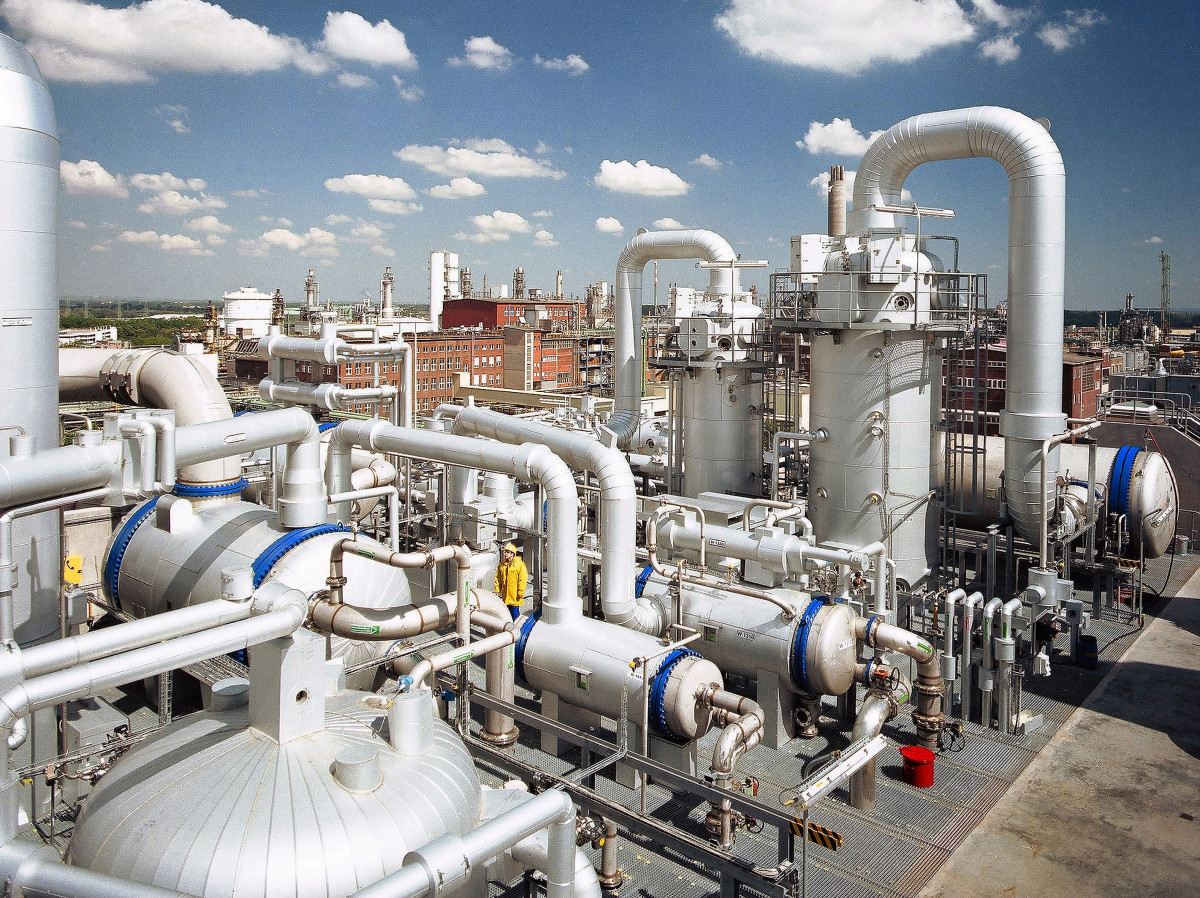
Business and industry at risk
In the weeks after the start of the war against Ukraine, chancellor Scholz warned that a sudden halt in energy imports from Russia would threaten "hundreds of thousands of jobs" and throw Germany and Europe’s economy into recession. In October, the economy ministry said the economy would shrink by 0.4 percent in 2023 due to the fallout of Russia’s war, with rising energy prices putting a damper on industrial production and private consumption. By January 2023, the government said it no longer expected a recession due to the energy crisis.
Industry and business have sounded the alarm on how a cut of Russian gas – and rising prices – threaten their competitiveness. Surveys among companies showed that many regard the price hike as a serious or even existential challenge.
As gas, coal and oil become more and more expensive, businesses are increasingly struggling with the additional costs, which is already causing some to lower their output. Analysts say the break with Russia as a natural gas supplier could also cloud the country’s longer-term prospects, as the switch to more expensive LNG could turn out to be “a structural game changer for the export-oriented business model.” Certain gas-intensive companies also face technical hurdles when supply is reduced or cut.
However, industry association BDI has also said that companies plan to stick to existing decarbonisation targets even amidst the ongoing crisis.
While the government has emphasised it cannot make up for all the additional burdens, it has introduced support schemes for businesses affected by the crisis – in particular energy intensive industry. At the same time, companies have already cut production due to rising energy prices, and business associations have launched an appeal to save energy.
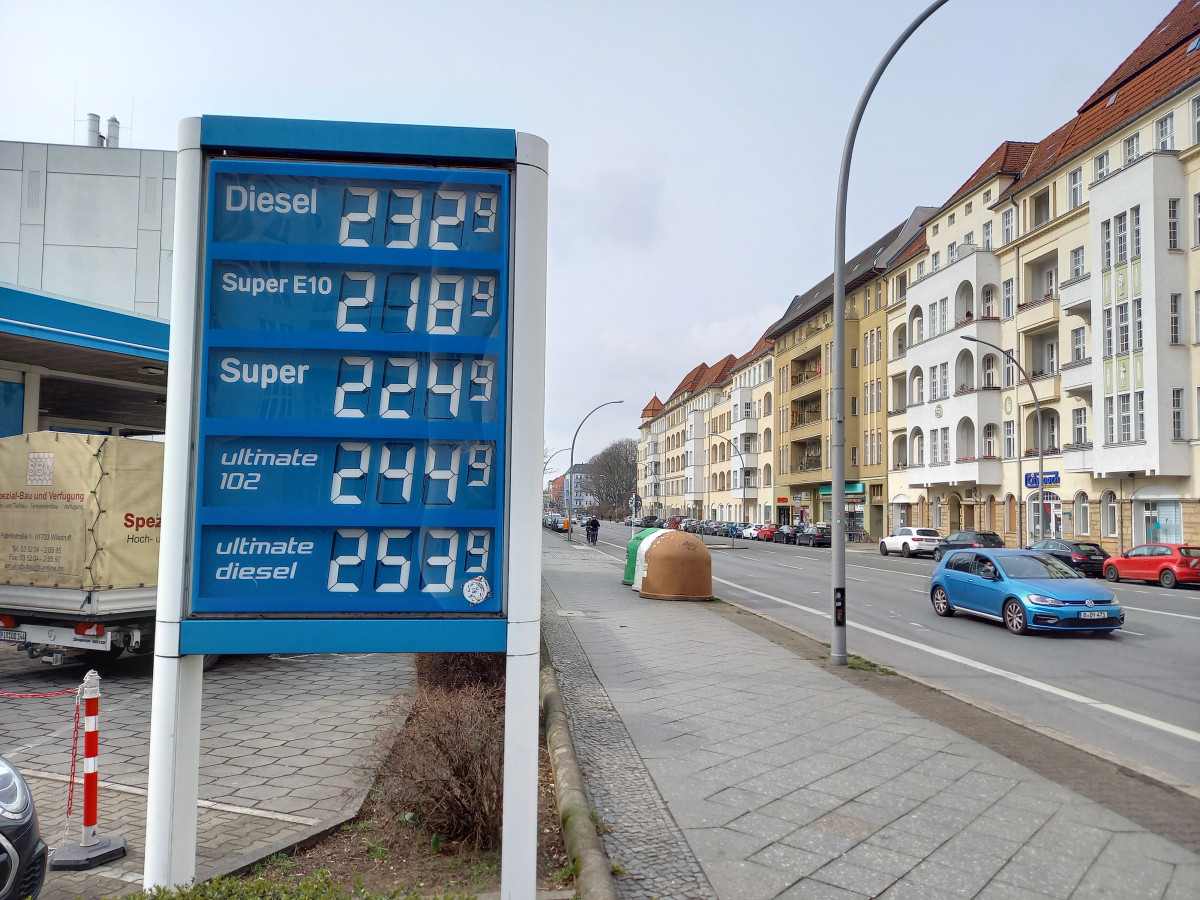
Inflation – what rising prices mean for households and society
Across Europe, the rising energy prices have also become a key driver of inflation, which is putting a strain on households, especially those on a low low and middle income, with Germany being no exception. The war in Ukraine and its effects like rising prices have caught up with, or even overtaken, climate change to become the most important issue for Germans.
Heating gas bills could more than triple, and researchers say “energy poverty” could also affect the middle class. With price rises across the board, consumer spending is expected to decline, putting further pressure on the economy.
The government has so far introduced several relief packages, worth hundreds of billions of euros. A €200-billion-euro “defence shield” presented by the coalition at the end of September is meant to help finance direct support for struggling gas importers, as well as power and gas price subsidies for households and businesses. These so-called “price brakes” were proposed by the government, which then tasked an expert commission with making a proposal of how the gas subsidies could work in practice.
The cabinet adopted the caps on power and gas prices in late November. Additional funds for the electricity price subsidies are meant to come from taxing windfall profits from electricity producers, who have benefitted from high prices during the crisis. The government has also decided not to increase the national carbon price for transport and heating fuels in 2023. It also temporarily lowered prices for petrol and diesel – a controversial measure – and funded a €9 euro per month national public transport ticket during the summer.
Media reports have also said that far-right extremists started to mobilise for a “hot autumn” of protests against soaring energy prices on social media, with the goal of threatening social cohesion in the country. To counter this, an alliance of organisations brought thousands of people to the streets to call for more solidarity under the motto “Solidarity autumn: Create social security, accelerate the energy transition.”
Lower-than expected energy prices mean that Germany is likely to spend much less of its federal budget for gas and power price subsidies than anticipated.
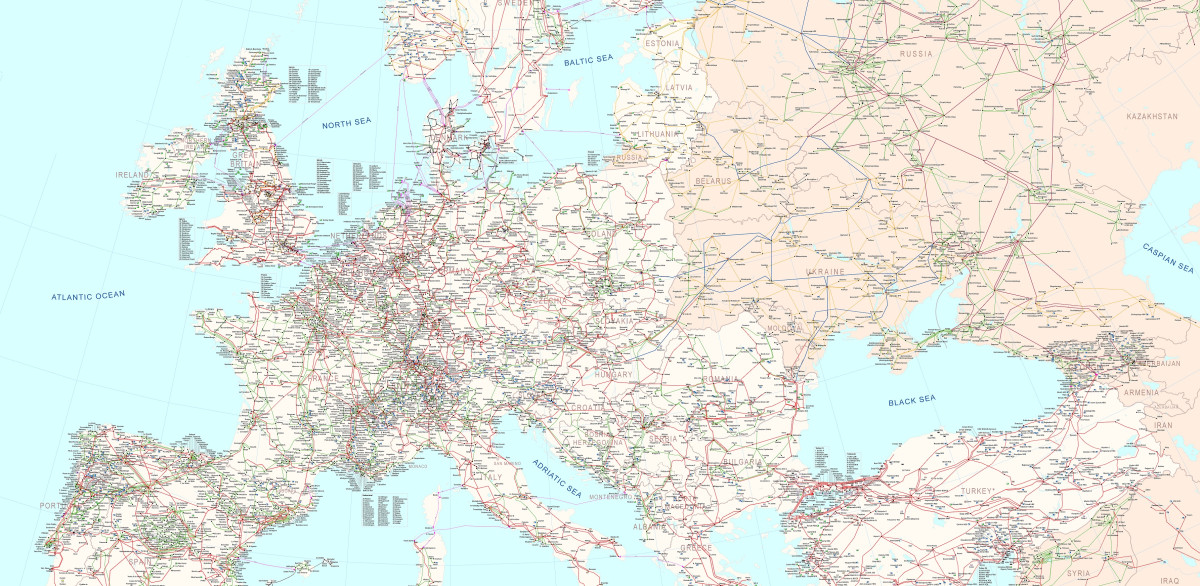
European cooperation, solidarity and disputes
Every European Union member state determines its own energy mix, limiting EU power in this area. However, as a political bloc with an already well-connected energy system (especially when it comes to the gas grid) the European Union has taken the lead on questions like embargoes, diversification and energy saving efforts. However, crucial energy policy decisions as a response to the crisis have been taken by national governments.
At the same time, rifts between countries with vastly different energy supplies have often made compromises difficult. When Russia-dependent Germany asked for solidarity during the gas shortages, many governments were quick to point out that Germany had put itself in today’s difficult position. Still, if Europe’s largest economy falters, neighbouring states will be affected, too.
The difficulties were perhaps most clearly visible in the discord between France and Germany over energy issues, which led to the postponement of Franco-German government consultations.
The German government was quick to admit past mistakes (often blaming former leadership under chancellor Angela Merkel), which manoeuvred Germany into a heavy dependence on Russian fossil fuels. Now the country is looking to deepen cooperation with its neighbours and emphasises the need for European solidarity where it can, and even international solidarity among allied countries.

Crisis gives boost to hydrogen, heat pumps and other technologies
While the fear of a severe gas shortage over the winter is giving rise to counterproductive developments – such as people swarming to buy electric heaters, potentially increasing the risk of grid issues – the crisis is also boosting technologies which are key to the energy transition.
As a majority of homes are still heated with natural gas, rising gas prices have caused a run on renewable heating systems, putting heat pumps firmly in the spotlight.
Expensive gas also means green hydrogen has become economical much faster than expected, which could significantly accelerate the ramp-up of the hydrogen economy. The government’s plan to make new LNG import terminals “hydrogen-ready” has accelerated discussions about what this means and how green hydrogen could be produced, transported and used at new levels. Germany has already received its first test deliveries of hydrogen from the United Arab Emirates, and decided to build the first green ammonia import terminal in Hamburg, set to start operations in 2026.
